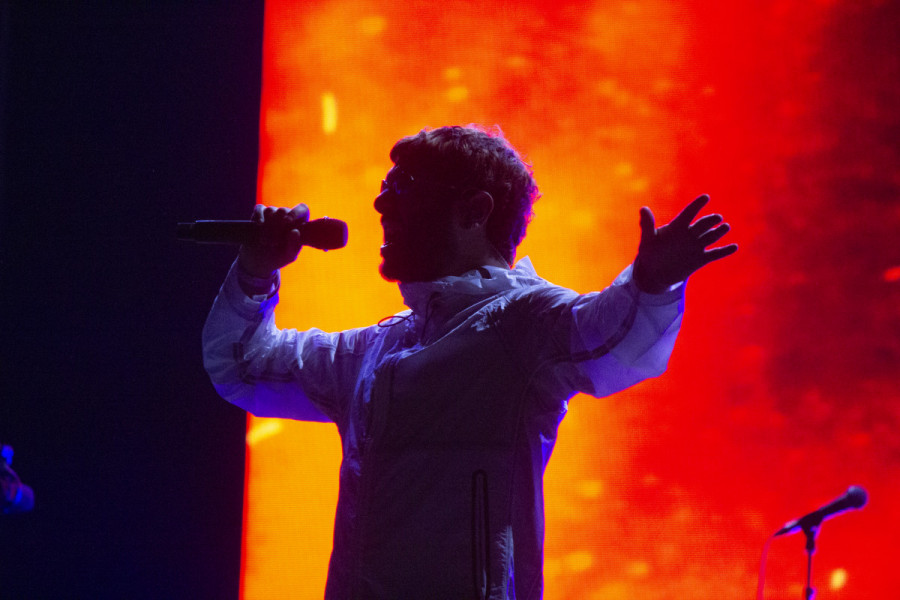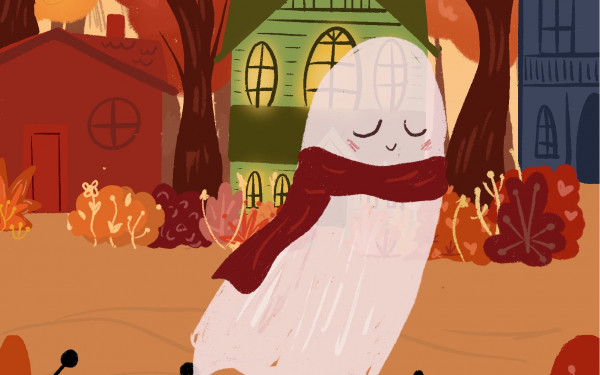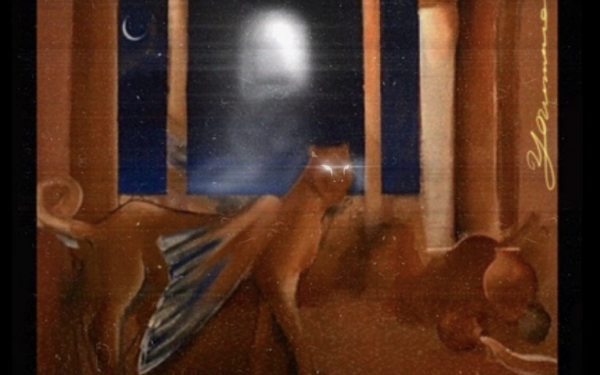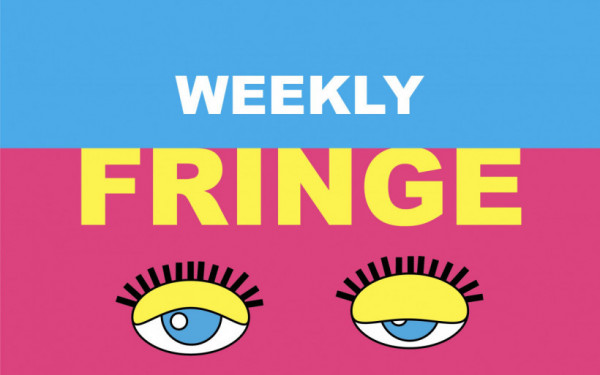Through surprises and storm clouds, Palomosa Festival introduces itself
From Andrea de Tour to Jai Paul, Palomosa promised an end-of-summer festival alternative
Andrea de Tour remembers the exact moment it clicked that she would be playing Montreal’s inaugural Palomosa Festival.
“I woke up one morning and looked across the street through my bedroom window, and there was a sign with my name on it,” she recalled. “It’s the kind of thing you can’t really comprehend.”
De Tour opened the festival on Sept. 6 with a set propelled by the groovy sensibilities that have made her a sought-after talent in Montreal’s jazz and electronic scenes. This straddling of worlds, which might ordinarily mark her as the odd artist in a lineup, is precisely why her name makes so much sense on that sign.
Simon Pouliot is the founder of Solstis Hard Seltzer, one of the festival’s sponsors. He was drawn to Palomosa’s bold booking and marketing approach, which he says sets it apart in the city’s competitive festival market.
"[They’re] not super well-known artists, at least not in the generation that festivals here typically target,” he said, citing the lineup’s curated feel as a major selling point.
Over the next few hours, it became increasingly clear who exactly the festival had been curated for. Raucous hyper-pop rocker underscores cloaked the crowd in sounds of both the past and future, melding grunge guitars with breakneck electronic beats. New York electronic duo Snow Strippers’ set had the approximate energy of getting geeked off too many vodka Red Bulls (which frontwoman and Tumblr-incarnate Tatiana Schwaninger has described as “the first step to having a good time”) and playing Just Dance, with their fishnet-and-leg-warmer-adorned audience quivering along to every blown-out beat.

Later, lapping up Yung Lean’s performance, Pouliot’s words came to mind. A crowd at any big tent festival might be turned off by a leather-clad Swede screaming “Got my balls licked by a Zooey Deschanel lookalike cocaine addict!” through a grocery list of vocal effects. But at Palomosa, that’s par for the course, baby. Lean closed his set with an emotional rendition of “Agony,” the sonic equivalent of Taylor Swift’s “New Year’s Day” for anyone who’s ever microdosed acid while wearing a rash guard. As he thanked the crowd, it felt like—halfway across the globe and 12 years into his career—he was home.
The festival’s audience seemed to split evenly for competing sets from the enigmatic DJ horsegiirL and rapper Destroy Lonely, affiliated with Playboi Carti’s Opium record label. During “catch a kill,” Lonely likely set a world record for the most intense anyone’s ever looked in sweatpants, the mosh pit shuddering with bass like he’d hotwired a massage chair. The next minute, horsegiirL had their crowd channelling every remaining ounce of Brat Summer into a bonkers remix of Kelis’ “Milkshake.”
Gesaffelstein, the Dark Prince of Techno, closed on Sept. 6 surrounded by hulking stalagmites and lighting fit for a cologne commercial. Supporting his new album Gamma, the French trailblazer commanded an entranced audience with an intoxicating thrum of elbowing drums and biting synths.
Palomosa was undeniably a gamble on niche subcultures, catering to the overlap in its artists’ cult-like followings. Financially, it’s not entirely clear if that gamble paid off. One week before the affiliated Block Party on Thursday, Sept. 5, organizers announced that every ticket would also admit a plus-one for no extra charge. Then, on the day of the Block Party, it was announced that Saturday, Sept. 7 headliner Kali Uchis had dropped out “[f]or reasons beyond our control and that of the artist.” Uchis, who boasts over twice as many monthly Spotify listeners as Friday, Sept. 6 headliner Gesaffelstein, had arguably been the lineup’s biggest draw.
Attendee Kavi Linda, who bought tickets hoping to see Uchis, says she was disappointed but unsurprised by the last-minute announcement.
“When they started doing the two-for-one entry, we had a feeling they were struggling to sell tickets,” she said. “What was good is that they offered a refund option.”

Nevertheless, the Sept. 7 lineup letdown and dour weather almost seemed to bolster the remaining artists and their soaked-to-the-bone audience. 2000s-revival mascot The Dare played tracks off his debut album What’s Wrong With New York?, released a short 17 hours before the set. His set crested with the horned out anthem “Girls,” and a decade-bending dance party.
Genre-defying critical darling Yves Tumor and their band came prepared to prove themselves. Between Guitar Hero-esque shreds from bandmate Maro Chon, Tumor never faltered. Their performance was intermittently tossed off and pointedly guttural. You could almost feel their poetry worming its way into your pores with the rain.

The festival ended with influential British artist Jai Paul’s first Canadian performance. It was unclear how Paul, who made his live-performance debut 16 years into his career at Coachella 2023, would fit into the festival’s prime timeslot. Nonetheless, any doubts faded with his cover of Jennifer Paige’s “Crush,” a sonic experience akin to a sword being pulled from a stone. Paul never made the mistake of attempting to orchestrate the gravitas one would expect from a headlining set; with a persona of equal parts Prince and Michael Cera, it would have felt plain wrong.
Midway through Paul’s final song, “Str8 Outta Mumbai,” he stopped to say, “This is my last show for a while; I don’t know when I’ll be coming back. Do you mind if I rewind it?”
Our cheers made clear that we did not.







